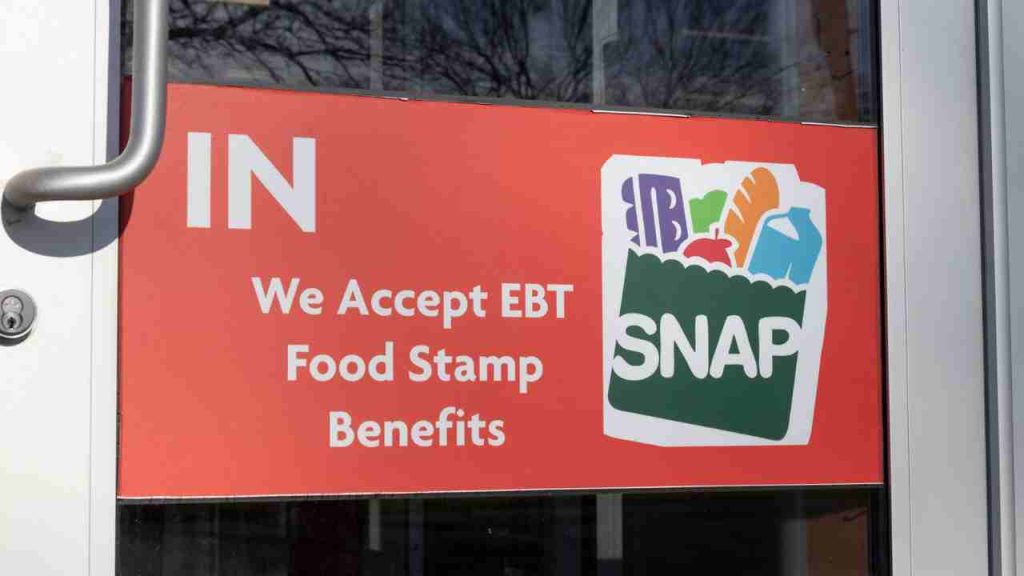SNAP payments in Florida could face delays next month if the federal government shutdown stretches beyond November 1. That means nearly three million people relying on food assistance may have to wait longer than usual to receive their monthly benefits.
The issue comes down to federal funding. With no approved budget, agencies can’t release the money that states use to distribute SNAP payments, creating a ripple effect across programs that millions of families depend on to cover basic grocery costs.
SNAP Benefits and the Payment Timeline
Normally, states get their federal disbursement a few weeks before the start of a new month to ensure benefits are loaded on time. But during a government shutdown, that flow of money stops. Without new funding, November’s SNAP payments cannot be issued until Congress restores federal operations.
Officials have confirmed that October benefits remain secure, and current applications or renewals are still being processed as usual. Recipients can continue using any remaining balance on their EBT cards, but new funds for November will only appear once federal authorization returns.
Who’s Affected by the Delay
The potential delay impacts roughly 42 million SNAP users across the country, including nearly 2.8 million in Florida. These benefits help low-income households buy food, covering only unprepared grocery items such as fruits, vegetables, and pantry staples.
Households generally qualify if their income is below 200% of the federal poverty line about $64,000 a year for a family of four. Funds cannot be used for hot meals, alcohol, pet supplies, or household products like paper goods or cleaning materials.
The shutdown began after Congress
The shutdown began after Congress failed to approve a new budget for the fiscal year starting October 1. With most agencies unfunded, essential programs are running on limited reserves. Unless lawmakers reach a deal soon, the Department of Agriculture won’t be able to transfer November’s SNAP allocations to states.
The uncertainty is fueling concern among families who rely on these food assistance payments to get through each month. While temporary, the disruption could affect how millions of Americans plan their grocery budgets heading into the holiday season.
State agencies are urging residents not to reapply or file duplicate requests. Once funding is restored, SNAP benefits will automatically resume and return to their usual schedule. For now, beneficiaries are encouraged to monitor their EBT cards and stay informed in case of updates.
Despite the disruption, experts point out that this isn’t the first time SNAP has faced delays during a shutdown but it highlights just how closely food security depends on stable government funding.
